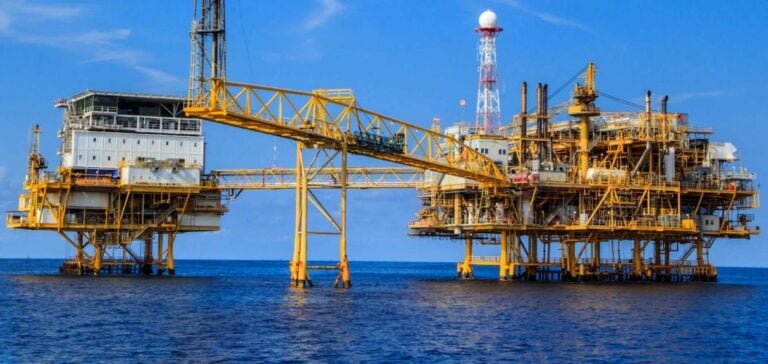VAALCO Energy, Inc. (NYSE: EGY; LSE: EGY), a company specializing in fossil fuels, announced the signing of a contract with Borr Jack-Up XIV Inc., a subsidiary of Borr Drilling Limited. This agreement is part of the 2025/2026 drilling program planned in Gabon to further develop its offshore assets in the region.
The project will include the drilling of multiple development wells, as well as assessments and explorations. It will also involve maintenance operations such as workovers, with options to drill additional wells. The primary goal is to enhance production and reintegrate reserves previously inaccessible due to the presence of hydrogen sulfide (H₂S).
Planning and Objectives of the Program
According to George Maxwell, CEO of VAALCO, operations are expected to begin in mid-2025. Initial activities will focus on the Etame field, the SEENT platform, and the Ebouri area. In Ebouri, a redrill and workovers on inactive wells will be conducted to restore production and recover reserves that were previously excluded.
The Etame field, a cornerstone of VAALCO’s offshore operations, remains central to development plans. The integration of new technologies and strategic partnerships with co-owners aims to optimize activities in this crucial area.
Strategic Context and Prospects
Over the past three years, VAALCO has implemented a growth-oriented strategy focused on diversification and portfolio optimization. This new drilling campaign, supported by the partnership with Borr Drilling, underscores the ambition to enhance profitability while capitalizing on opportunities offered by existing assets.
In addition to production goals, the project marks a milestone in collaboration with shared infrastructure owners. This synergy is expected to deliver significant results, strengthening VAALCO’s position in the African energy market.






















